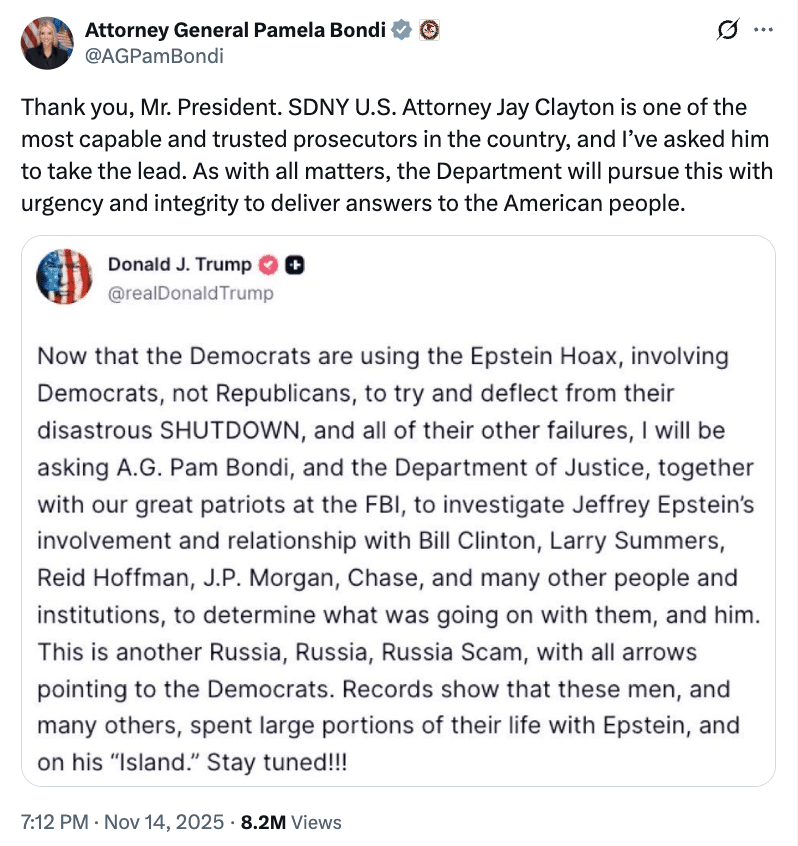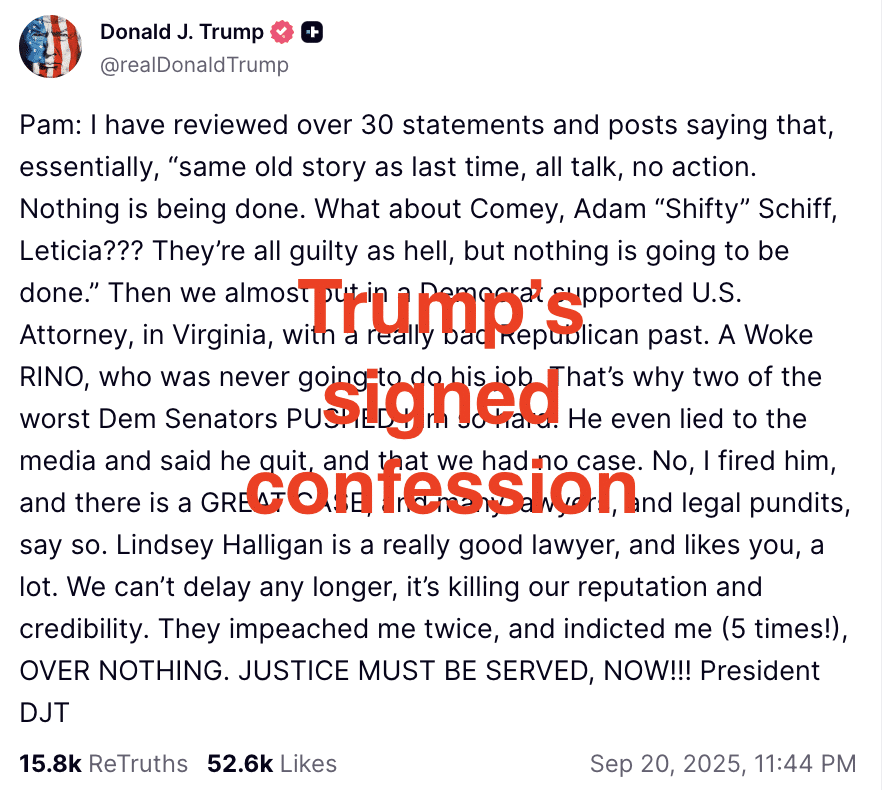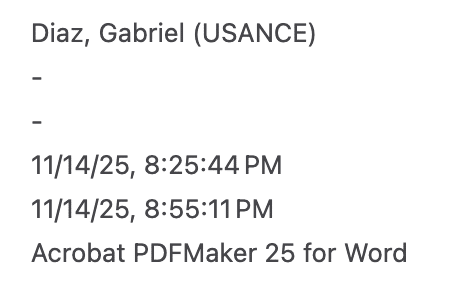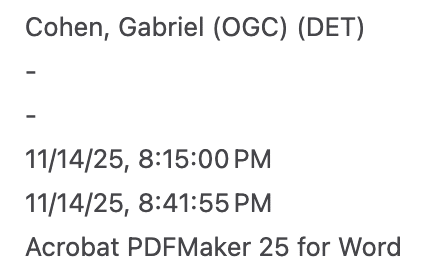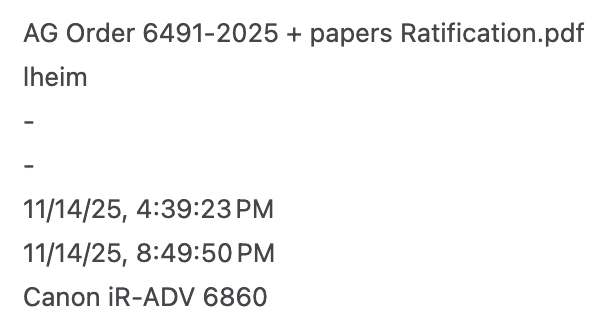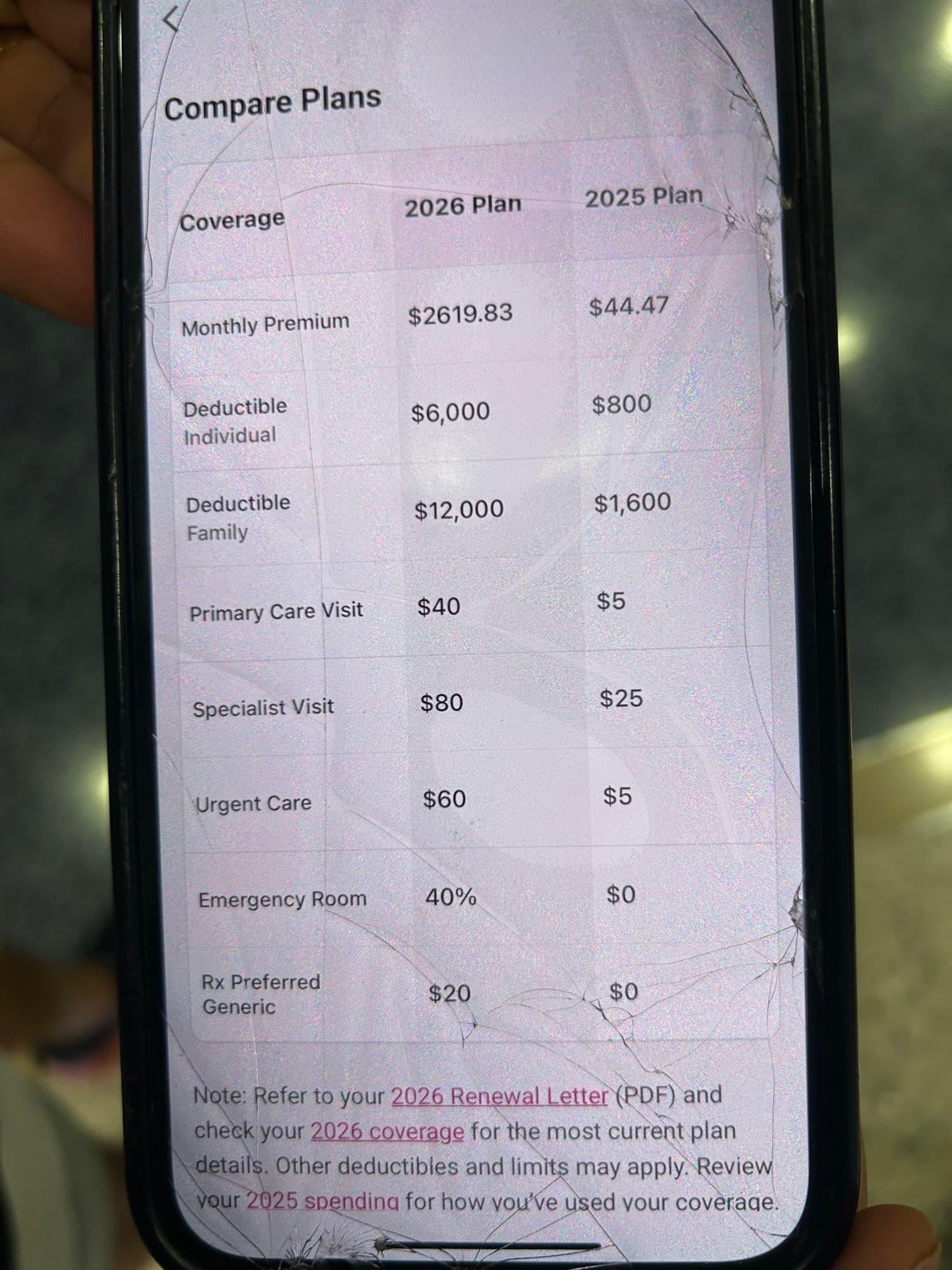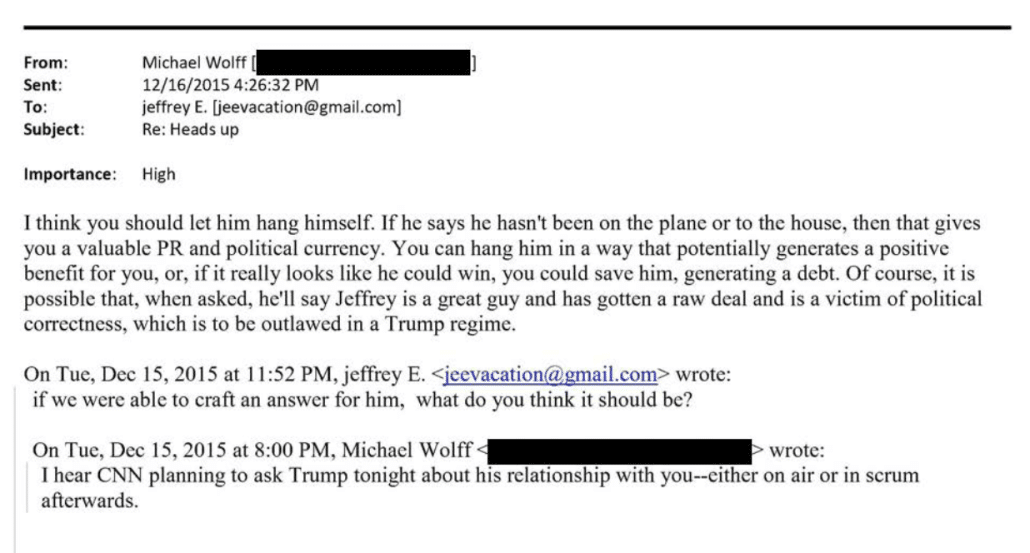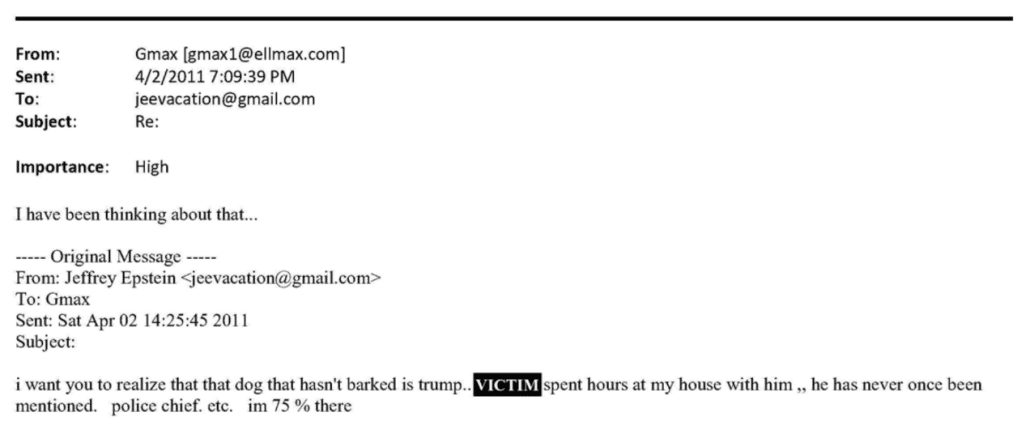The media’s response to this exchange (remember, timezone reflects Irish time) between Donald Trump and Pam Bondi has been procedural.
At the NYT yesterday, for example, first Erica Green, Glenn Thrush, and Alan Feuer described it (competently) in procedural terms. It was a tired Trump strategy of projection, it might stall release of files to Congress, gosh it’ll make things hard for Jay Clayton. 30-some ¶¶ in, it briefly turned to politics, in the form of quotes from Robert Garcia (Ranking Member of Oversight) and Don Bacon. Tom Massie, Ro Khanna, and Marjorie Taylor Greene are not quoted, to say nothing of Epstein’s victims.
Then the NYT today turned to its SDNY reporters — Jonah Bromwich, Benjamin Weiser and William Rashbaum — to focus more closely on just how much trouble this could cause SDNY US Attorney Jay Clayton. That story mentions Maurene Comey’s firing in passing twice, but days ago, Bromwich and Rashbaum described how everyone in the New York Metro area dodged defending Ms. Comey’s wrongful termination lawsuit which, after some delay, NDNY, led by a corrupt Trump flunkie, will now take on.
Both stories make Trump the agent of the narrative. He made an order and as Bondi executes it, this is what will happen.
As I suggested in this video, I look at Bondi’s public haste to bow to Trump’s demands differently.
Pam Bondi doubled down on ratifying Lindsey Halligan’s indictment of Jim Comey, after having been caught in failing to exercise the least due diligence the last time she tried to do so. One reason she did so, no doubt, is that DOJ literally told Judge Currie that the unlawful means Bondi used to turn Lindsey the Insurance Lawyer into US Attorney was a mere “paperwork error,” Pam Bondi’s fuck-up. And so, in an attempt to salvage the fuck-up DOJ is attributing to the Attorney General, she may have inserted herself into what appear to be serious Fourth Amendment violations, among other things.
And, that very same day, she publicly bowed to the President’s demand that she pursue clearly political prosecutions just months after DOJ had publicly issued an (unsigned) declination decision in the same investigation (after reportedly having shut down an ongoing investigation into Epstein co-conspirators, presumably led by Jim Comey’s daughter, months earlier).
Even in July, it was crystal clear that Pam Bondi kept making things worse.
Then Bondi made things worse when she told Fox News that Epstein’s client file was on her desk for review. She made things worse when she orchestrated the re-release of the already-released files to a select group of right wing propagandists, all packaged up to look special, a spectacle that stoked divisions among MAGAts but also raised concerns that she was covering stuff up. She made things still worse when — responding to James Comer’s role in making things worse, when he claimed the Epstein files had been disappeared — she said there were tens of thousands of videos involving Epstein.
By the end of that week, Todd Blanche would announce he’d spend some quiet time with Ghislaine Maxwell, which I imagine he thought was clever but has resulted in further questions, starting with why he’s not charging Maxwell for the lies she told to his face and why the sexual predator got a puppy.
Pam Bondi has been trying to make the Epstein problem she made worse go away. It hasn’t worked. Nothing has worked. All the pressure she and Blanche and Kash Patel could apply failed to force Lauren Boebert to make it go away. And having failed so far, she very publicly and very quickly agreed to do something stupid, reopen an investigation that she already said could not be pursued.
She did so the week before Judge Michael Nachmanoff (on Wednesday) will preside over Jim Comey’s vindictive and selective prosecution claim, which will be followed by Letitia James’ motion in a few weeks, assuming one or both of those prosecutions are not preempted by some other dismissal before then. (Comey Motion; DOJ Response; Comey Reply; James Motion; there are a slew of Amici filing in both)
In Comey’s reply, he responded to Lindsey Halligan and her Loaner AUSAs’ attempt to claim only Halligan’s motive can be scrutinized in this prosecutorial decision by citing one of the most troubling passages in the Supreme Court’s ruling in Trump v. USA:
Imputation of President Trump’s vindictive motive to Ms. Halligan is particularly warranted because the President has “exclusive authority over the investigative and prosecutorial functions of the Justice Department and its officials.” Trump v. United States, 603 U.S. 593, 621 (2024). As the government itself describes, U.S. Attorneys are subordinate aides to the President, “help[ing the President] discharge” his “responsibility” to prosecute crimes. ECF No. 138 at 17. And President Trump’s authority is not merely formal or abstract: he has exercised an unprecedented and extraordinary degree of control over the DOJ, installing his personal allies to key positions and inserting himself into prosecutorial decisions that, in previous Administrations, would have been left to the DOJ’s independent judgment. See ECF No. 59 at 8-11. [my emphasis]
That’s the language John Roberts used to excuse Trump’s efforts, via Jeffrey Clark, to use DOJ to steal the election.
The Government does not dispute that the indictment’s allegations regarding the Justice Department involve Trump’s use of official power. The allegations in fact plainly implicate Trump’s “conclusive and preclusive” authority. The Executive Branch has “exclusive authority and absolute discretion” to decide which crimes to investigate and prosecute, including with respect to allegations of election crime. Nixon, 418 U. S., at 693. And the President’s “management of the Executive Branch” requires him to have “unrestricted power to remove the most important of his subordinates”—such as the Attorney General—“in their most important duties.” Fitzgerald, 457 U. S., at 750. The indictment’s allegations that the requested investigations were shams or proposed for an improper purpose do not divest the President of exclusive authority over the investigative and prosecutorial functions of the Justice Department and its officials. Because the President cannot be prosecuted for conduct within his exclusive constitutional authority, Trump is absolutely immune from prosecution for the alleged conduct involving his discussions with Justice Department officials. Pp. 19–21.
Trump seemed to echo this license when asked about ordering Bondi to investigate Democrats on Friday.
Reporter: Do you believe a President should be able to order investigations?
Trump: Sure. I’m the chief law enforcement officer of the country. Not that I want to use that. But I am considered the chief law enforcement agent in the country. And I’m allowed to do it.
Effectively, Comey argued that because of the monstrosity Roberts created, his vindictive prosecution claim must be judged according to different rules. And then Trump just reaffirmed his responsiblity.
If these things happened in a vacuum, I’d say that Bondi’s quick and public acquiescence to Trump’s demand that she investigate his enemies as a way to avoid scrutiny himself would be nothing more than a truly epic Constitutional confrontation.
A display of what happens when, as John Roberts did, you give the President literal immunity to hunt down his enemies for unrelated reasons, such as that the President’s one-time best friend “stole” his former spa girl and turned her into a sex slave a quarter century ago.
But it’s not happening in a vacuum.
The week before Trump’s defense attorney will sit mutely in a court room as Loaner AUSAs try to put lipstick on the pig of this prosecution, Trump made his abuse even more plain than he did when he accidentally ordered up this very investigation (and that of James) in September, a tweet prosecutors have already had to invent bullshit excuses for.
How interesting, Judge Nachmanoff might think, that Pam Bondi just performed her utter obeisance to Trump, just the thing prosecutors insist didn’t happen with Comey. How interesting, that the lady who claimed to ratify this prosecution did that.
As I said in the video, there are up to ten ways that the Comey prosecution might go away, and I’m already greedily hoping that those ten things things not just fall into place, but fall into place in an order that will result in far more trouble for DOJ.
Certainly, the fact that Judge Cameron Currie started her hearing last week on the most obvious thing that might make this prosecution go away, Halligan’s unlawful appointment, by raising another, the declination memos reported in the press, makes me hope I might get a pony.
THE COURT: Mr. [Ephraim] McDowell, are you aware of any evidence of whether there was a declination memo prepared in the Comey matter?
MR. MCDOWELL: We are not aware of that at the moment. I think, you know, that would be something that could potentially come out in discovery, but we don’t have that as of yet.
Another thing we’ve been promised this week is Jim Comey’s explanation of the multiple ways Kash Patel’s FBI violated his Fourth Amendment rights by sniffing through everything Bill Barr’s hyper-aggressive DOJ seized four years ago. Then there are the parallel requests Comey has made for grand jury transcripts that Judge Currie certainly seems to think are improper — but Pam Bondi claimed, both the first time, and the second time — are not.
Bondi demonstrated her willingness to conduct political prosecutions the week before the wheels may start to come off the Comey prosecution.
And if they don’t, Maurene Comey may get to force the issue. Attorney General James may get to force the issue.
That’s all legal though, and the law never works as quickly or decisively as you’d like, particularly not with Donald Trump.
But it happens in the very same week that — reportedly — up to a hundred Republicans are prepared to vote to release the Epstein files to stave off lasting damage from Trump’s sex trafficker scandal, something that — if it happens — will make this referral to Jay Clayton a problem, not a solution.
One reason Pam Bondi was so quick to bow to Trump’s demands, sacrificing her very last shreds of credibility with courts, was because she’s in real political trouble, and has been since she thought she’d get cute by handing out binders of already-released Epstein files.
Trump’s effort, Bondi’s effort, to make all this go away by handing it to Jay Clayton on a steaming-shit platter reflect desperation, not the agency NYT portrays it as.
Sure, it’s certainly possible all this will go away, as it always does for Trump. Maybe the dog that didn’t bark can wag one in Venezuela to make his troubles go away.
It’s still a good bet that Ghislaine will be the only one who gets a puppy.
But both Trump and Bondi are operating reactively. And in a desperate attempt to reclaim agency over the Epstein scandal — something Trump has been struggling to do since July — he may well have handed Jim Comey a gift pony.
Update: After I wrote this Todd Blanche made an appearance on Fox to lie about both these issues and Trump claimed that he had encouraged “House Republicans” (but not Republicans generally) to vote to release the files. There are a number of caveats built into that — the focus on the House (when Bondi could release these files herself), the attendant call to investigate Democrats, and the focus on giving “the House Oversight Committee can have whatever they are legally entitled to,” which they’ve already gotten. Whether this works depends both on the willful stupidity of the GOP (Tom Massie has already pointed out holes in this proposal) and Bondi’s ability to sustain the illusion of an investigation. In his comment, Trump explicitly spoke, as he has from the start, in terms of attention, and his demand that he control it. But the last time he tried this, it turned into a welcome-watch for Adelita Grijalva.
